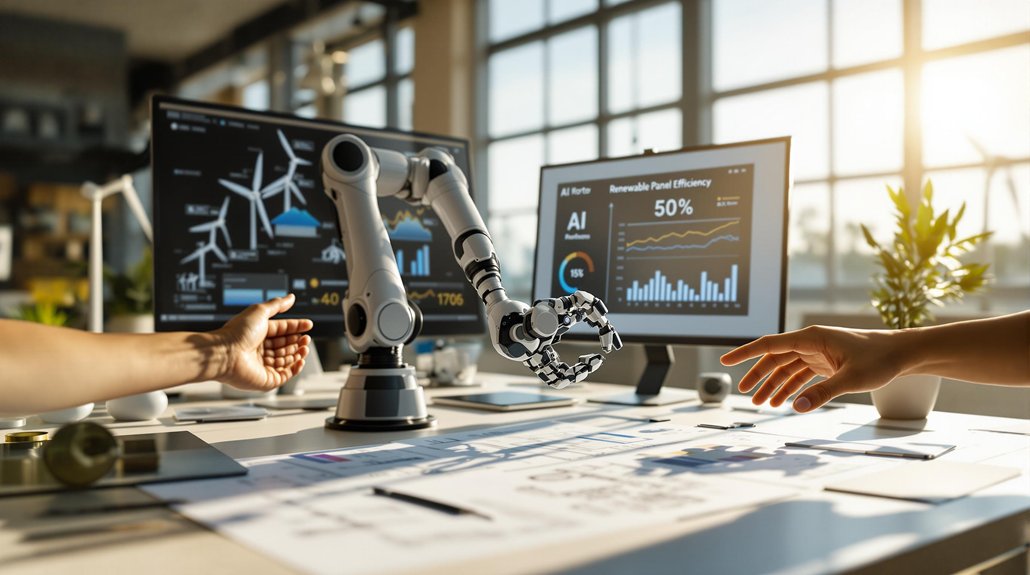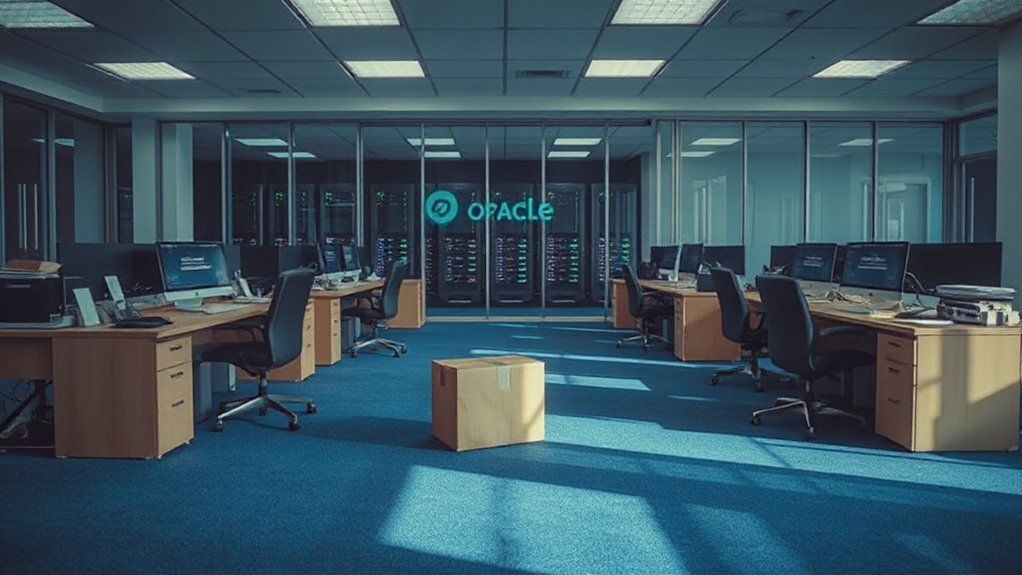Mark Cuban cautions that AI should be viewed as a tool that enhances human capabilities rather than a complete solution. He emphasizes that AI can’t replace human creativity, intuition, or critical thinking skills. Businesses that ignore AI may fall behind competitors, but those who rely too heavily on it miss its proper purpose. Cuban advises a balanced approach where humans direct AI effectively. His insights reveal important distinctions between AI’s limitations and strengths.
Artificial intelligence continues to transform how people work, but many misconceptions cloud its true purpose. Experts emphasize that AI should be viewed as a tool that amplifies human abilities rather than a complete solution that replaces human input.
Entrepreneurs are encouraged to dedicate time to learning about AI as it evolves rapidly and creates new business opportunities. The combination of AI tools and internet access has made starting businesses easier than ever before. Those who neglect to use AI may find themselves at a competitive disadvantage as their rivals leverage these powerful tools.
Despite its capabilities, AI has significant limitations, especially in creative fields. It cannot fully automate the creative process or develop the intuition needed to understand what audiences want. AI can generate ideas but lacks the ability to form genuine connections with human audiences. It works best as a collaborator that requires human direction and curation.
Human skills remain essential in an AI-driven world. Storytelling fundamentally requires human involvement, as do instinct and intuition when making creative decisions. Critical thinking is necessary to evaluate AI outputs, and human judgment cannot be replaced when it comes to making final decisions on AI-assisted work.
Responsible AI integration requires careful planning to guarantee fair and ethical use. Many AI companies lack transparency about their operations, raising privacy and ethical concerns that need addressing. Ongoing debates highlight the importance of establishing ethical guidelines through collaboration between governments, organizations, and individuals. A human-centered approach remains vital when implementing AI systems.
In education, AI shows potential for shaping curriculum and assisting teachers. However, it also raises concerns about privacy, bias in training data, and the possibility of generating misinformation. The technology is particularly effective at analyzing patterns in massive datasets to identify learning gaps and personalize educational content.
As society prepares for an AI-driven future, developing both technical and humanities skills becomes increasingly important. A lifelong learning mindset and effective human-AI collaboration skills will be essential as AI-powered tools become more common in daily life. Mark Cuban emphasizes that AI can be problematic when it makes mistakes or hallucinates information, requiring human verification of outputs.









